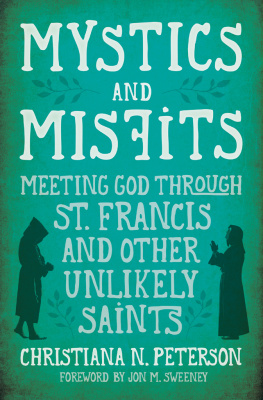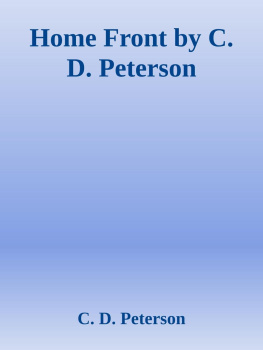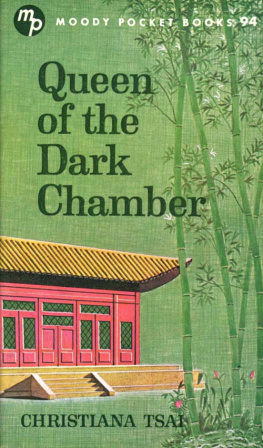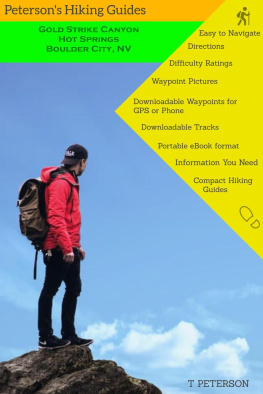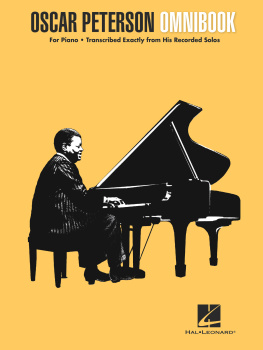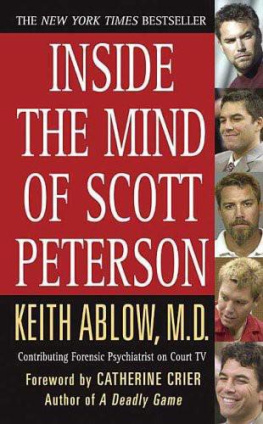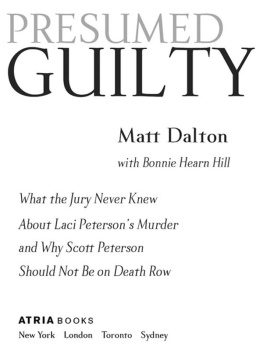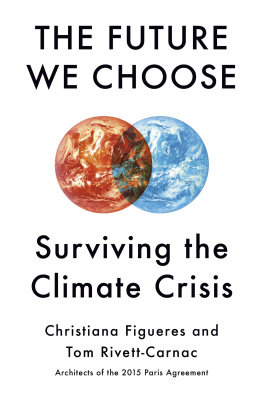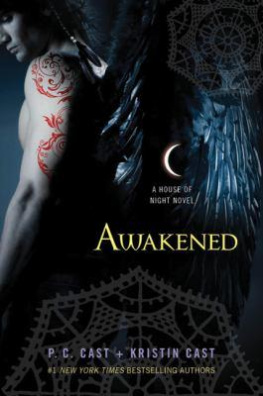Christiana N. Peterson - Awakened by Death
Here you can read online Christiana N. Peterson - Awakened by Death full text of the book (entire story) in english for free. Download pdf and epub, get meaning, cover and reviews about this ebook. publisher: Broadleaf Books, genre: Religion. Description of the work, (preface) as well as reviews are available. Best literature library LitArk.com created for fans of good reading and offers a wide selection of genres:
Romance novel
Science fiction
Adventure
Detective
Science
History
Home and family
Prose
Art
Politics
Computer
Non-fiction
Religion
Business
Children
Humor
Choose a favorite category and find really read worthwhile books. Enjoy immersion in the world of imagination, feel the emotions of the characters or learn something new for yourself, make an fascinating discovery.

- Book:Awakened by Death
- Author:
- Publisher:Broadleaf Books
- Genre:
- Rating:5 / 5
- Favourites:Add to favourites
- Your mark:
- 100
- 1
- 2
- 3
- 4
- 5
Awakened by Death: summary, description and annotation
We offer to read an annotation, description, summary or preface (depends on what the author of the book "Awakened by Death" wrote himself). If you haven't found the necessary information about the book — write in the comments, we will try to find it.
Awakened by Death — read online for free the complete book (whole text) full work
Below is the text of the book, divided by pages. System saving the place of the last page read, allows you to conveniently read the book "Awakened by Death" online for free, without having to search again every time where you left off. Put a bookmark, and you can go to the page where you finished reading at any time.
Font size:
Interval:
Bookmark:
AWAKENED BY DEATH
Life-Giving Lessons from the Mystics
Copyright 2020 Broadleaf Books, an imprint of 1517 Media. All rights reserved. Except for brief quotations in critical articles or reviews, no part of this book may be reproduced in any manner without prior written permission from the publisher. Email copyright@1517.media or write to Permissions, Broadleaf Books, PO Box 1209, Minneapolis, MN 55440-1209.
Cover design and illustration by James Kegley
Print ISBN: 978-1-5064-6116-8
eBook ISBN: 978-1-5064-6117-5
To Mom, for giving me life
and so much love
To Matthew: til death do us part
this breath
the preacher said
was like God
no eye has seen
it force
the wintered stalks
to bend and nod
they remain
blandly colored
these unplanted muted
but surely rooted
stalks
sounding together
as a crowd clapping
or lapping
of the sea
not standing guard
but still guarding
the edge
where ordinary
tips into grief
where shadows of dormant trees
square off the grass beds
where arthritic fingers
linger over
the place of the dead
how ominous it should feel
inside the four-square
on the bench
from the sisters of the shadows
there
But only sad
the skeletal remains
of a wind chime
adorning a headstone
dont ring
only there is the sound
of those stalks
applauding our efforts
at soothing
the sting*
*Christiana Peterson, Where O Death, The Curator, September 26, 2013, https://tinyurl.com/sulkaop.
I love walking in cemeteries. A few years ago, I was living with my family in an intentional community on a 180-acre farm in Illinois. On the edge of the woods, at the highest point of the community, was a cemetery that served as the final resting place for members of our community and for people connected to our community who struggled to afford a typical American funeral. At the lowest point was a second cemeterya small plot across from the cow pasture by the creek. Children and babies were buried there.
I walked more often to the smaller cemetery, sometimes with my own children. We would stop there just before we climbed Stagecoach Pass to pick fruit on Blueberry Hill. We sat on the mossy bench that tilted into the wet earth and noticed the rusty trinkets and charms that hadnt been shined, the grass that hadnt been cut. I didnt know any of the families whose babies were buried there. They had moved away long ago. A tree had fallen into a patch of daffodils; these bold yellow blossoms were usually the first sign that spring would be emerging soon.
Sometimes I wondered if nature itself respected the grief that mustve surrounded the deaths of these babies. There was always a stillness in that place, as if the wind kept vigil over the gravestones. The quiet was only occasionally broken by the sounds of passing cars, mooing cattle, or a creek that drifted or roared, depending on how much rain had fallen that week.
When my children and I sat on the bench sinking into the mud, we noticed the tiny span of dates, the marking of very short lives. We talked about death. We said a prayer. I didnt always know what to say in the shadow of such grief. My daughter Neva took everything in as she usually did: observantly, waiting to say more later.
After we picked our berries, we often walked past the small cemetery again on our way home. Maybe I will be buried there when I die, Neva once said, simply.
At six years old, Neva seemed to have already learned a lesson Id been trying to learn my whole life. Maybe she was better equipped with the imaginative capacity to hold the complex tensions of life with the knowledge of death.
***
When I lived in Scotland during graduate school, nearly twenty years ago, there were two more cemeteries that I loved. I walked the same trail every day, a path that ran parallel to a creek and intersected with trees whose roots looked as ancient and otherworldly as Middle-earth. At the end of the walk, when I felt I could go no further, the path crossed a road at the edge of town. Between a break in the low stone wall there was an old cemetery. As I approached, rabbits who burrowed around the headstones would leap out between them, stirred by a visitor in the late morning light.
At another place along the same path, the aptly named Hallow Hill rose gently above a cottage where an old water wheel still turned. Atop the hill were traces of a Pictish cemetery from the fifth through ninth centuries, the remains of a people who lived in Scotland in Roman times. The graves were so old that I couldnt fathom their age. Still, I spent some moments trying to imagine what life was like for the Picts and those who inhabited these hills and forests long ago.
***
Cemeteries that have gone a little wild are my favorite kind, those that have been left to the weeds or whose headstones are aged by a time far away. The wildest cemeteries remind us that we will all return to the earth. The headstones themselves will last far longer than those whose graves they mark.
But I am also drawn to cemeteries because of a lifelong fixation on death. An early awareness of death is embedded in my family history. My paternal grandfather died when my father was only fourteen years old, so my grandmother raised my father on her own. Familial and cultural pressures demanded that she throw her grief into boxes of folded and dusty memories, locking them away for us, her grandchildren, to find after she died. Death formed their mother-son relationship, and it shaped my father. It shaped the way he walked, the tilt of his head, his warm kisses, his exorbitant generosity, and also the secret parts of his heart that I think he never recognized.
My father, with his death-formed view of the world, shaped me too.
Even as a child, I would lie in bed and wonder what it would feel like to die. When I began having children, death reached out to me in new ways, ways that frightened me and shook my foundations. I first began to write the sketches of this book in those difficult years when parenting welcomed me into a kind of love that brings both infinite joy and the potential for the greatest pain I could imagine.
My ability to make a path through different cemeteries is, perhaps, one of many privileges Ive had in life. Not only have I been able to live in many places but my life hasnt been marked by violence and war. It hasnt been marked by the death of a child or the traumatic death of a loved one.
Still, I have experienced deaths of various kinds, and I have lived through the deaths of people I love. This doesnt make me more or less qualified to write about death than anyone else. In some sense, each of us is an authority on death. Death is in all of our histories, whether we lost a loved one early in our lives, we have faced life-threatening illnesses, or its just a lingering part of our cultural narratives.
As mystic Howard Thurman says, every human is involved in the endless cycle of birth, of living and dying, and therefore expertly qualified to be a key interpreter of the meaning of the totality of the experience. We are all qualified to talk about death because we will all die.
But just because we are all qualified doesnt mean we will actually choose to face death before it happens. I wanted to write this book to uncover the way the fear of death shows up in my own life but also to explore how it shows up in our wider culture. Many of us construct our lives in order to avoid talking about or even thinking about death. This is, of course, understandable and, in many ways, a natural response to the desire to survive. Death is the most complex and mysterious of human experiences, and we are embedded in a culture that has misplaced the language and rituals to talk about such things. Our death fears often show up in our lives in ways we arent conscious of.
Font size:
Interval:
Bookmark:
Similar books «Awakened by Death»
Look at similar books to Awakened by Death. We have selected literature similar in name and meaning in the hope of providing readers with more options to find new, interesting, not yet read works.
Discussion, reviews of the book Awakened by Death and just readers' own opinions. Leave your comments, write what you think about the work, its meaning or the main characters. Specify what exactly you liked and what you didn't like, and why you think so.

